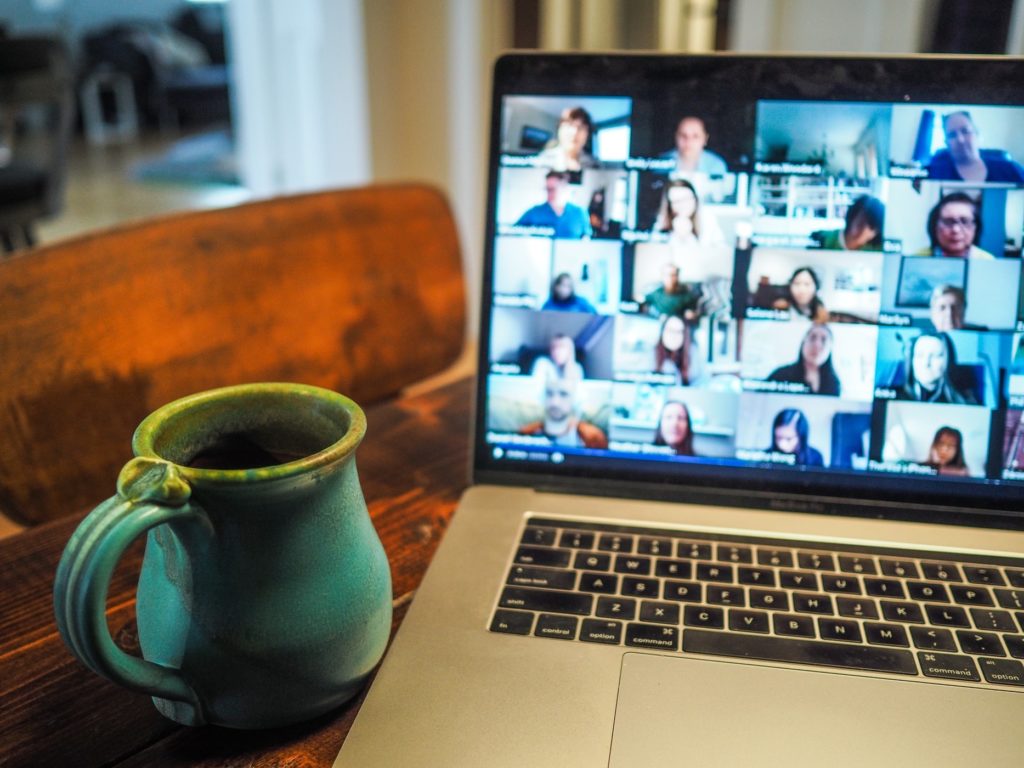The global pandemic known as the Covid-19 virus has been devastating to the lives of many and has directly or indirectly caused hardship to all since its emergence. The discourse is overwhelmingly worried and cautionary regarding Covid-19, and with good reason. Often times when listening to this, I am left wondering what positive if any, can be taken from these challenging and unprecedented times. It has left me reflecting on the impact that all of this has on the workplace.
As my esteemed colleagues have outlined in their blogs, organisations are heavily influenced by culture. Culture as we know, has been commonly defined as “the way we do this around here”. I listened to someone recently say in passing that “culture eats strategy for breakfast”, effectively outlining just how dominant the influence of culture is. The impact of culture can vary in an organization for the benign to the coercive, from empowering to utterly disenfranchising. What we are inclined to forget is that we too are part of that culture. What we say and do contributes to whether it is benign or otherwise. For those of us working remotely we are fast approaching the 7-month marker of working from home and this adjustment has radically changed the nature of how we work, how we feel about work, and how we will envision our future work.
Apart from drinking an abundance of coffee daily, the most significant change to my working life is the lack of human contact. As a PhD student, a journey already known for its potential isolation has become even more distant. Yet, I do not feel alone. Ironically, I have had more connection with my peers through virtual coffees. I have been able to attend more seminars, because they are online, often at lunchtime and are delivered in time-bounded ways that ensure that I can give the time that is needed for them. Due to the online nature of remote learning I have had access to a wide range of educators that otherwise I may never have experienced. I have received access to so much upskilling on creative teaching methods and online pedagogies because this became a priority for the university. While the motivation for the priority has not been good (i.e. a global pandemic), the outcome, that of continuous professional development has been so worthwhile. Above all, I have been part of a community that has come together in an emergency to care for one another.

While I am aware that the experience is not positive for everyone, I do think that we have become conscious of supporting and encouraging each other during difficult times, and we have become more aware of the wider facets of each other’s lives. How my colleagues are carers for their families or their loved ones as well as the bright and capable academics that I was seeing every day before Covid-19. We hope soon that this pandemic will cease. It is my hope that we will continue to care for each other in the same way, that we will make the same effort to meet each other for coffee, to check in to see how each other are doing, and to continue to share with the same intensity the ideas, resources and creativity as has just been happening.
So maybe it is time to use this change of environment to recalibrate, to adjust, to heal and to grow. To take a step back and change “how we do things around here” to ensure that we value and appreciate each other and that our organisations will see just how flexible and deeply committed we have been in academia. Let’s return to fill our currently empty office spaces with the positivity and enthusiasm that has surfaced itself in a time of emergency. We each create new culture and this is something that we can most certainly do in the workplace post-Covid-19. I most certainly am ready to try fill the office space with positivity, will you join me?

Niamh
